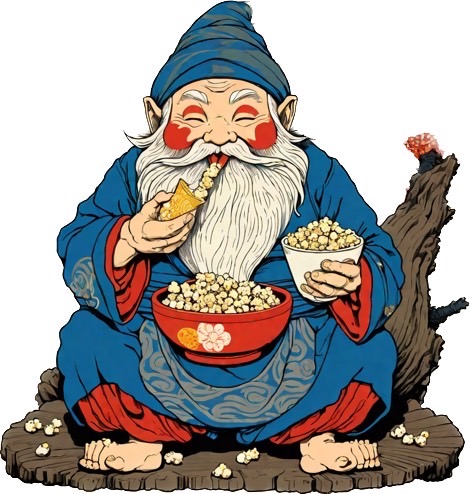Sorry if I made assumptions, but brashness and attitude can be difficult to determine in a text based space. I can see where you are totally coming from, but you’re clearly stating what works for you, and if it works for you then that’s great.
But what I was posting is based on my time working with students and seeing what works and doesn’t work overall. While I did find some frustration in core 2000 and 6000 decks with vocabulary I didn’t use much at the time, it was more beneficial then trying to play Persona 4 and looking up every word. I wasn’t even enjoying the game at that point. After going through the core decks, I am able to play and read through most things, and pick up on the words I don’t know. Doing it the other way around was too frustrating for me and in my experience has been more frustrating for learners overall.
I feel that this method would work for the OP more because they clearly need some guidance. I could be wrong, but it’s worked for me and many, many people. Yes, now I do make ridiculous, information filled flashcards that I would only recommend こだわり過ぎ people to make, but I had a foundation to build upon.
Ah well. 十人十色 I guess. Back to immersing.


